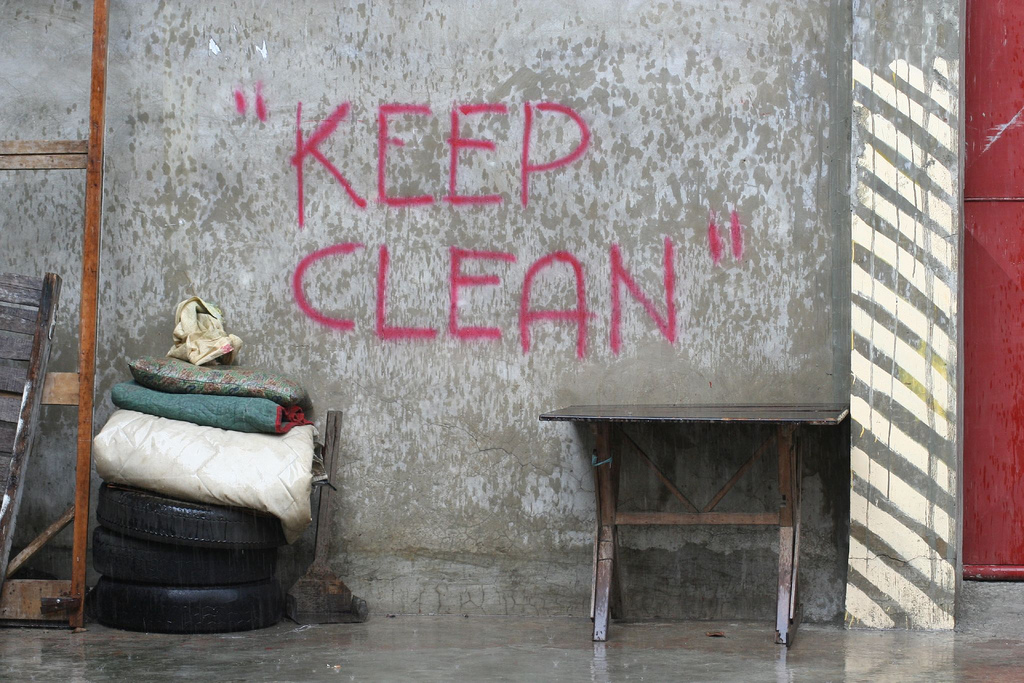I woke up yesterday thinking about the parable of the Good Samaritan.
If you don’t know it, it’s a story that Jesus tells in Luke 10 and it goes little something like this: a man is traveling from Jerusalem to Jericho. It’s a 17 mile trip through, and it was especially treacherous because it was filled with caves and little nooks where thieves could hide. Sure enough, the man was attacked by robbers and left for dead on the side of the road.
A priest comes along, who sees him, and you would think would help… but he crosses over to the other side… and goes on his way. A Levite (who basically assisted priests in religious duties at the temple, same kind of relationship a nurse has to a doctor) comes along, sees the man, and does the same thing: crosses over and keeps on going.
Then along comes a Samaritan (who were looked down on by the Jews at the time the parable was written because they were mixed-race and a reminder of the Jewish captivity)… anyway, he’s the man that Jesus knew his Jewish audience would think least likely to stop and help. But he’s the one who Jesus says stopped and helped the man who had been left for dead.
Most people look at that story and think about how revolutionary it was that Jesus posed this anti-hero as the savior in this story.
But here’s the thing that stood out to me: what were the priest and the Levite thinking? I mean think about it: it’s easy to write them off as like “ew, gross” but how could they have justified passing this man by? Maybe they were worried about the risk of being jumped themselves, maybe they thought he was dead… but I can’t help but wonder if they had religious duties they were attending to … and valued those duties so much that they didn’t want to be distracted. Maybe I’m especially sensitive to this because of the time I’ve spent in ministry, but when you see needs around you, there’s often a tension that exists: “if I stop to attend to this need, other needs will go unattended.”
Sometimes that’s the case, but more often than not it comes down to being too busy. Too busy to stop and help. Too busy to even look around for needs. And what ultimately drives that is this thought: the goals I’ve set out for myself and for my day are more important than a broken person left for dead who I’m crossing the road to avoid.
Sometimes I even justify it: well, I just don’t have time to see it through. I don’t want to commit to something I can’t see through. Ah, but look at the Samaritan. He picks up the injured man, attends to his wounds, and takes him to an inn where he delegates care of this man to someone else… then he leaves. He had business he was attending to, but he stopped, did what he could with what he had—and that’s what it means to love your neighbor.
Listen to this post on Spoken:

